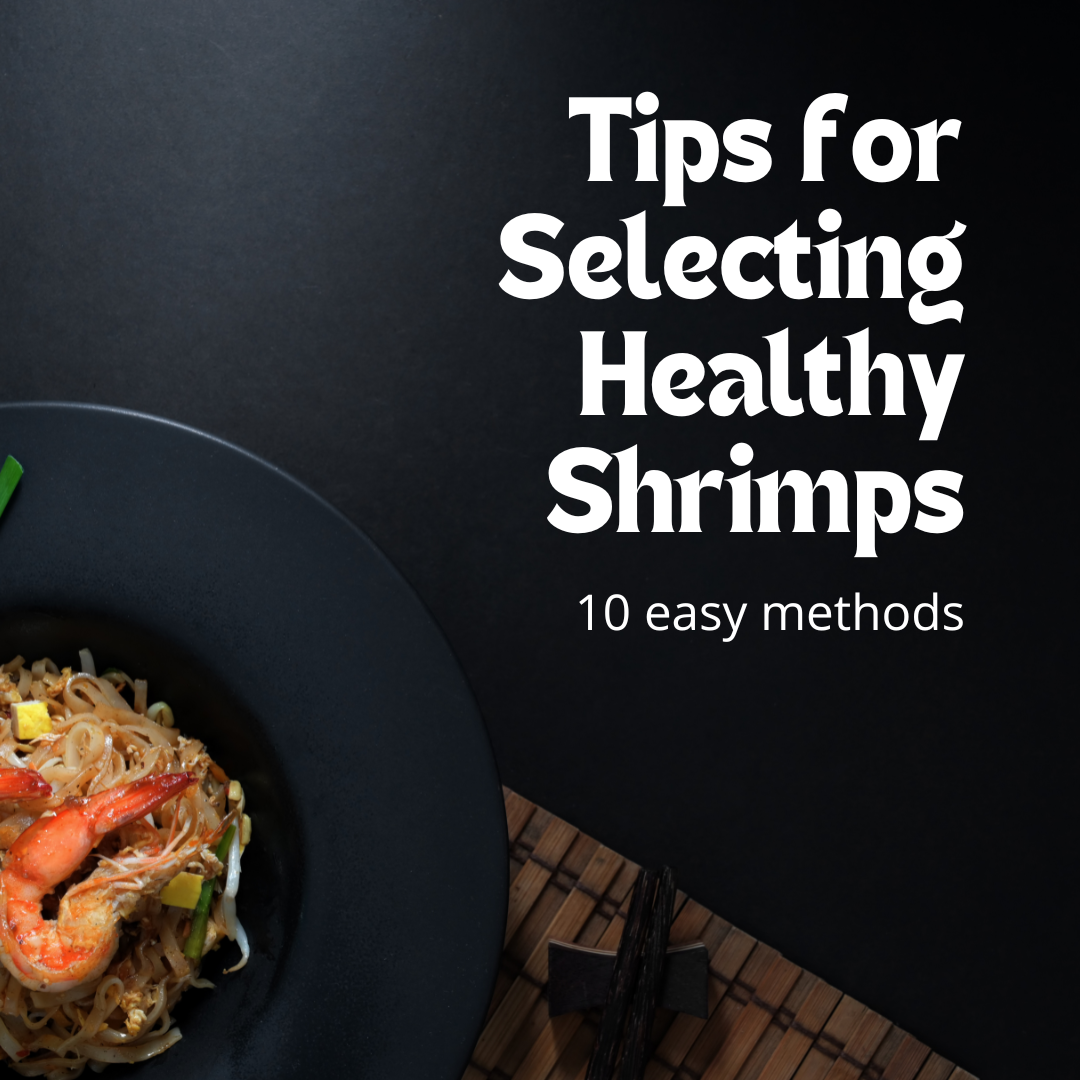
Vannamei Shrimp : Black Spot or Defect
One of the common quality issues with raw material vannamei shrimp is the occurrence of black heads or melanosis, a condition that leads to black discoloration in the shrimp's head. Black head in shrimp is typically caused by…

Vietnam-Norway Sustainable Aquaculture Partnership: A Pathway to Mutual Growth
Vietnam and Norway shared a collaborative relationship in the field of sustainable aquaculture, a partnership that has greatly benefited both countries. Norway, recognized as a global leader in aquaculture, particularly in salmon farming, has offered invaluable expertise to Vietnam, which is one of the largest seafood exporters in the world, particularly in species such as pangasius (catfish) and shrimp. The partnership between these two nations has been instrumental in improving sustainable practices, promoting responsible aquaculture, and boosting both economic growth and environmental sustainability

The Barramundi: Vietnam’s Premium Fillet and Its Place Among Global Fish Varieties
Barramundi, scientifically known as Lates calcarifer, is a prized fish species farmed extensively in Vietnam. Known for its mild flavor, succulent texture, and versatility in cooking, Barramundi has become a popular choice for consumers seeking high-quality white fish fillets. In Vietnam, the Barramundi is processed into both whole round and fillet forms, providing a variety of options for seafood lovers worldwide.

Tips for Selecting Healthy Shrimps
Choosing the best shrimp can make a significant difference in the flavor and quality of your meals. By following these tips, you can ensure that you’re selecting the healthiest and freshest shrimp for your meals, leading to better taste and overall dining experience.

The Impact of Unsustainable Shrimp Farming
Over half of the world's shrimp now come from farms, a reality that would have seemed impossible just 40 years ago when shrimp farming faced nearly insurmountable challenges (according to the World Wildlife Fund). This surge in farming has led to a global shrimp surplus and lower prices, but it has also left a significant mark on the environment and human lives
